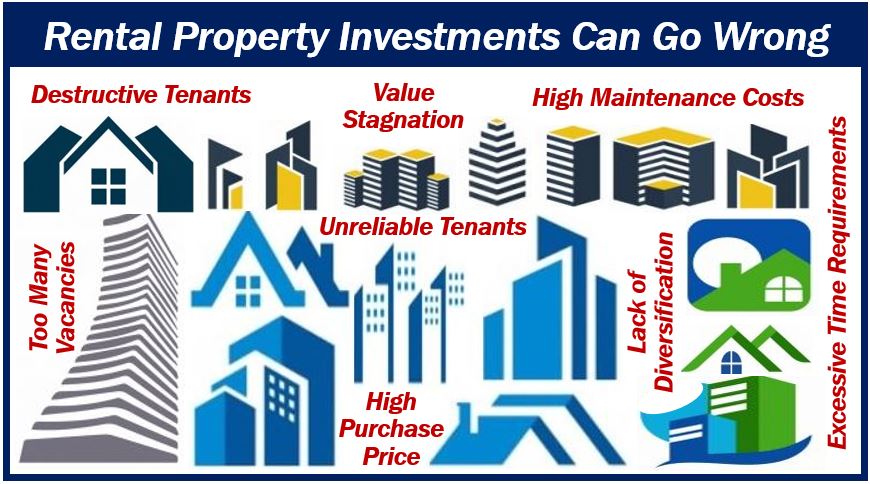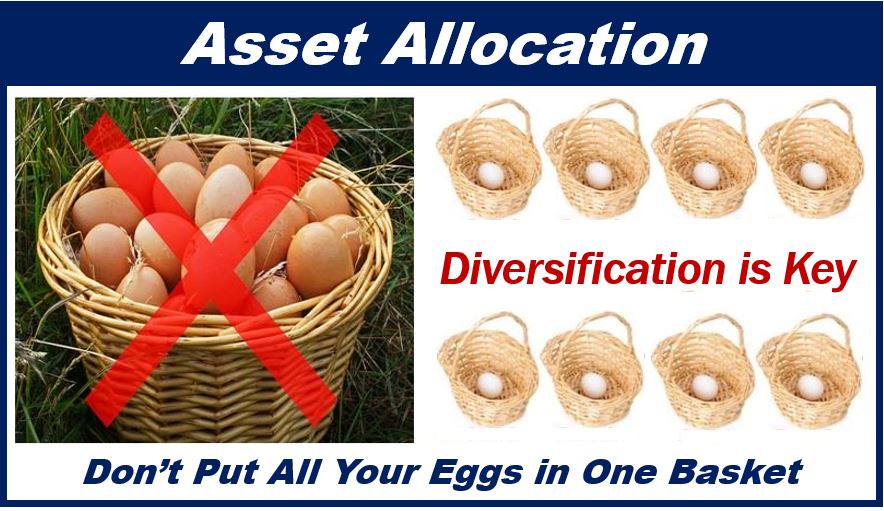Investing in rental property is a great way to build wealth and establish a consistent stream of revenue. The basic premise is to purchase a property that can host tenants; those tenants pay you rent each month, ultimately adding up to more than you’re paying in monthly expenses. Over time, you’ll make money with this recurring cash flow and with the appreciation of the property.

Of course, becoming wealthy from rental property investment isn’t nearly as simple as this brief summary makes it sound. There are many things that can go wrong when you’re property investing, and you’ll need to remain cognizant of them as you execute your strategy.
How Rental Property Investments Can Go Wrong
These are some of the most common ways rental property investments can go wrong:
1. Excessive vacancies
Vacancies can kill a rental property’s profitability. When a tenant leaves and you’re searching for a new one, you’ll encounter a natural period of vacancy. During this period, you won’t be collecting rent, but you’ll still be responsible for the expenses relevant to the property.
Accordingly, most property investors will be losing money during this period. If you’re not able to find tenants quickly, this can be devastating. The way around this is to make your property as attractive as possible, and use the right marketing strategies to show your property to more people.
2. Destructive or hoarding tenants
Most of your tenants will be completely reasonable, but occasionally, you may encounter a tenant who’s actively destructive or passively destructive with habits like hoarding. If left unchecked, one of these problematic tenants can compromise your property value and result in countless headaches. In extreme cases, your best option may be to evict the tenant, then cut your losses and sell the property in cash. Otherwise, you’ll be stuck managing the cleanup yourself.
3. Unreliable paying tenants
Though not as devastating as outright destructive tenants, you may have problems with tenants who are unable to pay their rent—or unable to pay on time consistently. You can prevent this problem by better screening your tenants, but if you’re already stuck with someone who won’t pay, you may want to come up with a better payment plan system, or issue warnings that eventually escalate to eviction.
4. Excessive repair and maintenance costs
Some properties will bear excessive repair and maintenance costs, eating into your bottom line. All properties require some repairs and maintenance, but when you feel like you’re constantly fixing things, it can compromise the overall value of the property. Older properties tend to suffer from this more than newer properties, so full-scale modern renovations can often fix some of these issues.
5. Excessive time requirements
As a landlord, you’ll have a number of responsibilities, including collecting rent, responding to maintenance requests, and even resolving disputes between tenants in some cases. There are times when your rental property demands so much time for you that you don’t have time for much else in your life. The easiest way to circumvent this problem is to hire a property management company to handle most of those responsibilities on your behalf.
6. Too high of a purchase price
You may have a low-maintenance rental property that always stays full of paying tenants, but if you purchased it for too high a price, it can still compromise your profitability. You may end up paying excessively high mortgage payments every month, or you may have a hard time reclaiming your initial investment.
7. Value stagnation or depreciation
Most rental property investors count on the appreciation of their property value; over time, in a good neighborhood, the price of your property should reliably increase. If the prices in your neighborhood stagnate, remaining the same for long periods of time, or if they actively depreciate, it could jeopardize your long-term investment prospects—even with decent cash flow in the meantime.
8. Lack of diversification

One of the most common pieces of investing advice (and also one of the most important) is to diversify your portfolio. This advice also applies to property investing portfolios. If you invest too heavily in only one type of property, or in only one area, it could expose you to unnecessarily high risk.
Pushing Through the Mistakes
Every rental property investor is going to encounter one or more of these challenges. They’re going to make mistakes on a regular basis, and experience unexpected difficulties in one area or another. The secret to becoming a successful rental property investor is finding a way to push through these mistakes and unforeseen obstacles. As long as you learn from the experience and find a way to make up for it, you’ll be in a much better position long-term.
Interesting related article: “How to find great real estate investment deals.”

